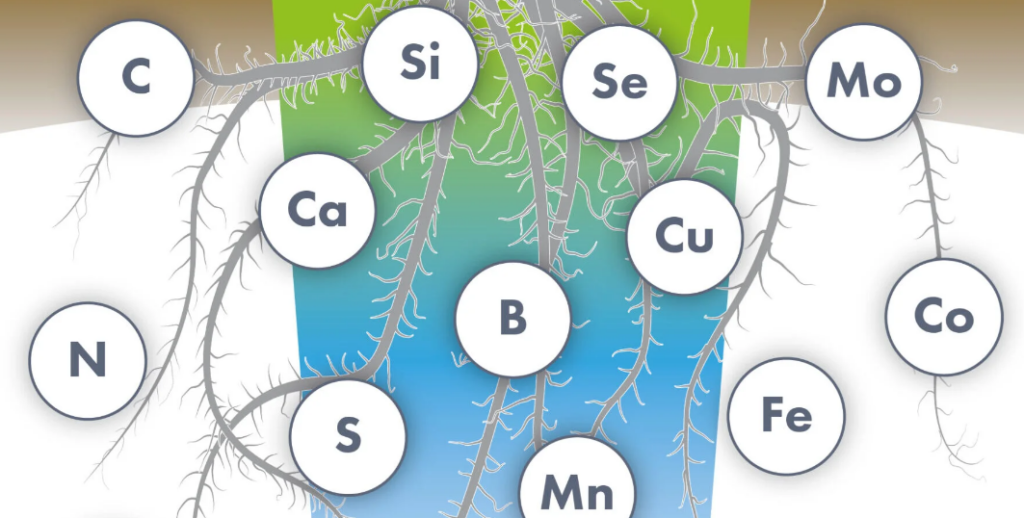Feed the soil to nurture new thinking in farming, suggests Grant James, business development manager at Sea2Soil
Agriculture has landed at a very interesting turning point. The last 50 years are marked by a heavy reliance on NPK fertilisers. Industry evolution has been steady, and change has been minimal.
The times ahead for all of us working within it, however, are exciting. They may hold incomparable potential and opportunity as we begin to navigate through a massive transformation.
It’s a future that’s hard to predict, but that element of the unknown is where I believe we can tap into a whole new approach. This will be led by creative thinking and application and eventually new methods will be accepted as normal practice.
Soil health is where knowledge is ramping up, and its importance of it to all of us in agriculture is rising up the agenda. We’re taking great leaps in the understanding of our biodiversity and our underground ‘livestock’. As in the biometrics of humans, the microbes in the soil hold the key to health and longevity.

The transition into biodiversity that the wider industry has taken tentative steps towards is akin to the smart phone and its development. What we see today is only the beginning of the sustainable applications to the benefit of the industry. Development continues at pace behind the scenes, all with the promise of delivering the extraordinary.
But the process of change to a high biodiverse soil structure is never rapid. Years of good practice will pass before soil structure builds up to a detectable level of benefit and change. But the rewards are clear:
- Lower fuel use
- Easier workable soil
- Fast straw breakdown
- Increased porosity
- Healthier plants
- Increased photosynthesis
- Carbon return
- Improved water quality
- Enhanced fungicide activity
- Possible reduced synthetic nitrogen applications
Not all these benefits have yet been quantifiably recorded on a regular basis with trials data. However, with the combination of less soil movement and beneficial soil activators/biostimulants to feed the microbes during the growing season, many farmers who have committed to feeding the underground livestock are seeing positive results over time, both across the UK and EU.
Feeding the microbes, balancing the fungi and bacteria in the soil, brings the plants that grow in it increased access to the nutrients they need, to help secure the productivity growers strive for, and to help them thrive under several stressful conditions.
Soil activators and bio stimulants increase better organisation of the soil organic matter and its fertility over a long period of time, resulting in constant quality and yield from season to season.
The Sea2Soil team work closely on joint ventures, trials, and farm demos and with the addition of international food processors, can deliver an active sustainable map to support farmers and growers through the change to regenerative farming practices.
For more information, email grant.james@pelagia.com or visit www.sea2soil.co.uk.


